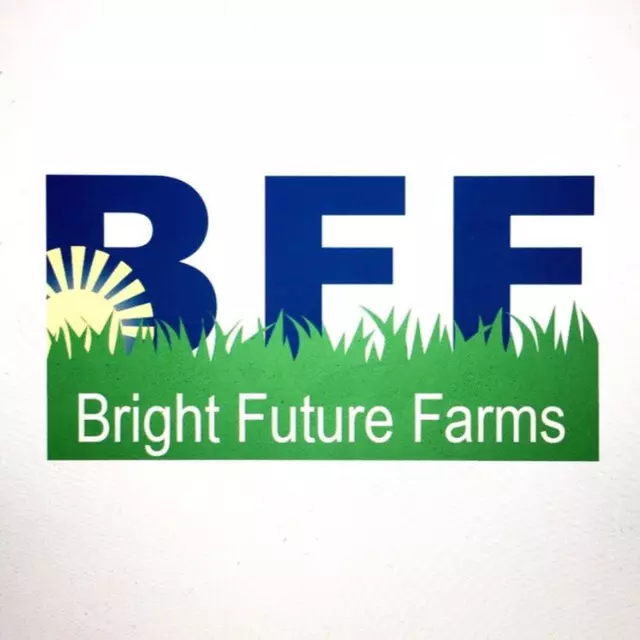Bright Future Farms on Nostr: I spoke with another local producer yesterday. He bought a group of stocker #cattle ...
I spoke with another local producer yesterday. He bought a group of stocker #cattle to finish on grass. He has had to make some comprises to keep the stockers he has on site. They are of different breeds and they just don't have the genetics to earn their keep on his land in it's current state.
We mostly talked about solutions. We talked about securing a better source of hay, the water holding and life conducive properties of #biochar in pasture soil, placement of cross fencing, and much more. Most importantly, we talked about the kind of #cows that will do well on a #grassfed operation.
I made the same mistake when I got my first group of #pigs. I had heard that "a #pig is a pig, just raise them right". While well intentioned and based on much personal experience, modern commercial pigs have tough lean meat without much flavor.
It is very important for us to help the new #farmer source good stock. Those first few years will make or break a person. Bad stock hurt me financially, and gave people an impression about my product that is hard to recover from. #realfood should be a better eating experience.
So what breed should you acquire? It depends, but I would strongly encourage you to look at the type rather than the breed.
There are great older type Aberdeen Angus lines, and big black "Angus" cows that will die on pasture. There are heritage Yorkshire pigs, and modern commercial Yorkshires.
If you want to raise them the right way, consider these traits. For pigs, big floppy ears and a good layer of fat over its shoulders. For cows, smaller cows with big round guts. For #sheep and #goats, parasite resistance.
Look at what successful people around you are doing, but know that your land will be different. Learn your land and cull hard. Most importantly, never stop learning.
Let's grow farms. Let's grow farmers. Let's #grownostr.
We mostly talked about solutions. We talked about securing a better source of hay, the water holding and life conducive properties of #biochar in pasture soil, placement of cross fencing, and much more. Most importantly, we talked about the kind of #cows that will do well on a #grassfed operation.
I made the same mistake when I got my first group of #pigs. I had heard that "a #pig is a pig, just raise them right". While well intentioned and based on much personal experience, modern commercial pigs have tough lean meat without much flavor.
It is very important for us to help the new #farmer source good stock. Those first few years will make or break a person. Bad stock hurt me financially, and gave people an impression about my product that is hard to recover from. #realfood should be a better eating experience.
So what breed should you acquire? It depends, but I would strongly encourage you to look at the type rather than the breed.
There are great older type Aberdeen Angus lines, and big black "Angus" cows that will die on pasture. There are heritage Yorkshire pigs, and modern commercial Yorkshires.
If you want to raise them the right way, consider these traits. For pigs, big floppy ears and a good layer of fat over its shoulders. For cows, smaller cows with big round guts. For #sheep and #goats, parasite resistance.
Look at what successful people around you are doing, but know that your land will be different. Learn your land and cull hard. Most importantly, never stop learning.
Let's grow farms. Let's grow farmers. Let's #grownostr.
